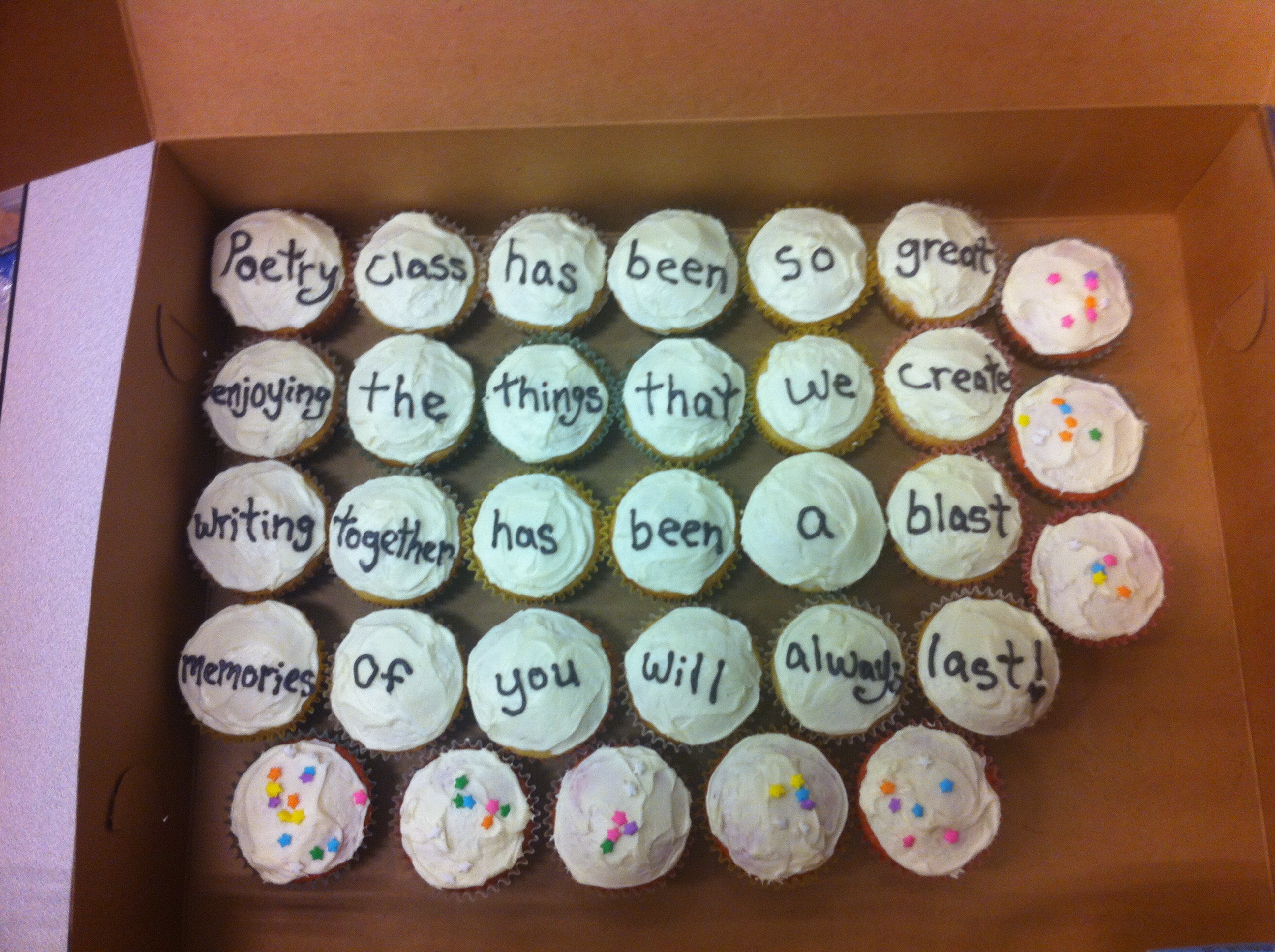The Girl Who Goes Alone
Here’s the thing about being a girl
and wanting to play outside.
All the grown-ups grind it into you from the get go:
girls outside aren’t safe.
The guy in the car? If he rolls down the window and leans
his head out, run
because the best you can hope for is a catcall, and at worst
you’ll wind up with your face on the side of a milk carton.
Even when you’re a grownup girl, your father—because
he loves you—
will send you a four-page article about how to protect yourself
while standing at the ATM, while travelling unescorted, while
jogging solo,
an article informing you how to distinguish phony police
and avoid purse snatchers, pickpockets, rapists, and thugs.
Tell someone you’re going into the woods alone
and they’ll story your head with trailside cougar attacks,
cave dwelling misogynists, lightning strikes, forest fires,
flash floods,
and psychopaths with a sixth sense for a woman alone in a tent.
To be a girl alone in the wilderness is to know
that if something goes wrong—
you picked the trailhead where the ax murderer lurks
or the valley of girl-eating gophers—
if you don’t come home intact, the mourning
will be mixed with I-told-you-sos
from everyone whose idea of camping involves an RV
or a Motel 6.
The message is clear: Girls must be chaperoned.
So, when, at the end of the day, you zip up the tent
and lie back in your sleeping bag,
fleece jacket bundled into a lumpy pillow under your head,
the second you close your eyes every least night noise
is instantly magnified.
You lie there and consider the pungent heft of menstrual blood,
how even your sweat is muskier, louder, when you’re bleeding.
Not hard to imagine its animal allure—every bear
for miles around sniffing you on the night wind.
You lie there, listening, running a mental inventory of any
potentially scented item—
did every one make it into the food bag hung from a tree?
Toothpaste, trailmix, chapstick, sunscreen—fuck.
Sunscreen still in your pack, nestled right beside you
where Outdoor Man used to sleep. So you’re up, out of the tent
headlamp casting its too-bright spotlight, darkening the dark
outside its reach
as you lower the bag, shove the sunscreen in, hoist and tie.
Far enough from the ground to elude the bears?
Far enough along the branch to thwart raccoons?
Tree far enough from the tent to keep from signaling
the proximity of ground-level, girl-shaped snacks?
You go alone—in part—to prove that though Outdoor Man
has left you
his body is the only geography he can deprive you of.
He can give his muscled calves and thighs, his shoulders, chest,
and hands
to another woman, but not the Sauk River old growth,
snow fields of Rainier, sea stacks of Shi Shi.
He can keep you from the sweet, blood-thrilling hum
of his body, but not the sweaty, blood-thumping
pleasure of a hard-earned panoramic view or high altitude
starlight.
The thing about being a girl who goes alone, who goes
again and again, is that it freaks
the potential next boyfriend. He doesn’t want
to be out machoed and he doesn’t want to admit it
and he hopes you can’t tell. The thing
about being the girl who still goes alone is that it proves
you don’t need him and no matter how you show him you
want him
it’s not the same
and you both know it.
Zipped back into the tent you remind yourself you’ve never
really been in danger.
When have you ever been in danger? Well there was that boy,
but years ago
a teenager like you, driving around bored and pissed
at the world, his BB gun and his father’s two rifles
on the seat beside him. Lucky you.
The gun he leveled on the window ledge
lodged nothing more than a BB in your thigh.
The thing about being a girl alone in the woods is
you know too much
about the grain of truth in the warnings.
Even if you seem impervious, weird good luck leaving you
so far unscathed
you know the other girls’ stories—your sister
date raped after a party in college, a friend
raped by a stranger at knife-point, the two women
shot on the Pinnacle Lake trail, the singer
killed by coyotes in Nova Scotia.
The thing
about being a girl
who goes alone
is that you feel like you shouldn’t go
if you’re afraid. If you go it should mean you’re not afraid,
that you’re never afraid. Your friends will think that you go
unafraid.
This girl
who goes alone
is always afraid, always negotiating to keep the voices
in her head at a manageable pitch of hysteria.
I go knowing that there will be a moment—maybe
long moments, maybe
hours of them, maybe the whole trip—
when I curse myself for going alone.
When I lie in the tent and all I am is fear.
I walk into the wilderness alone
because the animal in me needs to fill her nose
with the scent of stone and lichen,
ocean salt and pine forest warming in early sun.
I walk in the wilderness alone so I can hear myself.
So I can feel real to myself.
I go because I know I’m lucky to have a car, gas money, days off
the back and legs and appetite
to take me there.
I go while I still can.
The girl who goes alone
claims for herself
the madrona juniper daybreak.
She claims hemlock prairie falcon nightfall
nurse log sea star glacial moraine
huckleberry trillium salal
snowmelt avalanche lily waterfall
birdsong limestone granite moonlight schist
cirque saddle summit ocean
she claims the curve of the earth.
The girl who goes alone says with her body
the world is worth the risk.
Elizabeth Austen is the author of Every Dress a Decision (Blue Begonia Press, 2011), and two chapbooks, The Girl Who Goes Alone (Floating Bridge Press, 2010) and Where Currents Meet (one of four winners of the 2010 Toadlily Press chapbook award and part of the quartet Sightline). Her poems have been featured on The Writer’s Almanac and Verse Daily, in journals including the Los Angeles Review, Bellingham Review and Willow Springs, and in anthologies including A Face to Meet the Faces and Poets Against the War. She served as the Washington state “roadshow poet” and is the literary producer for KUOW 94.9 public radio in Seattle.



